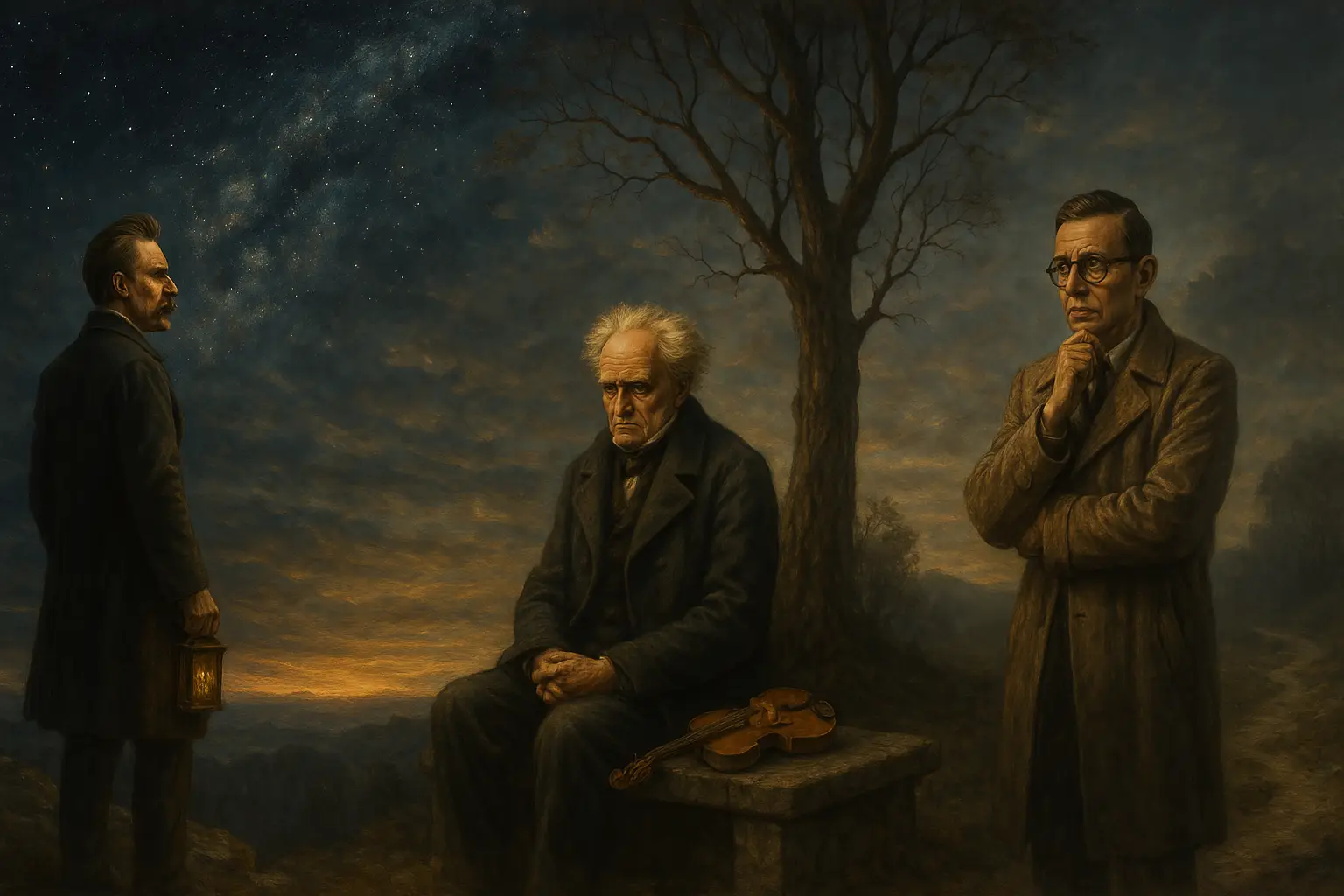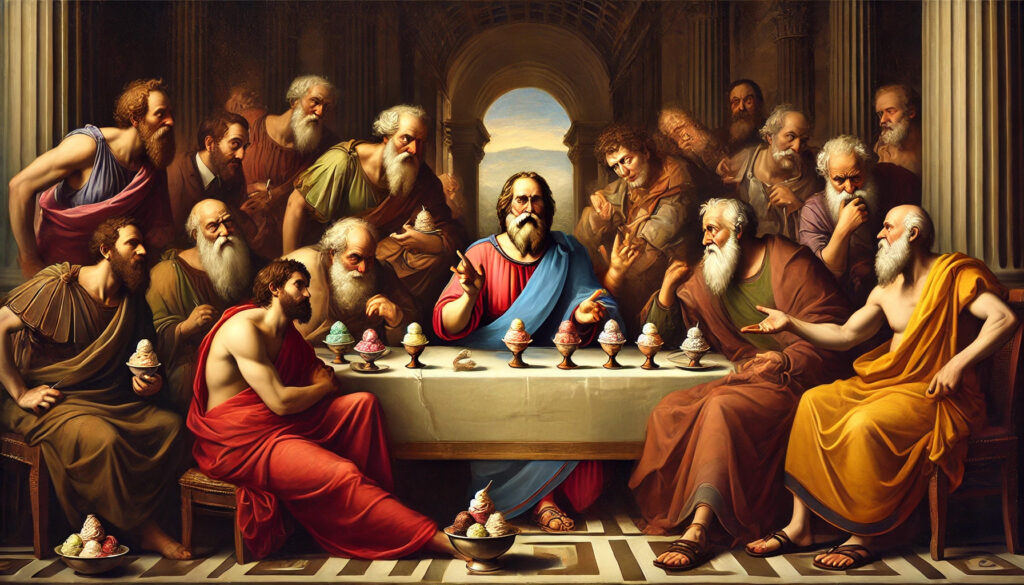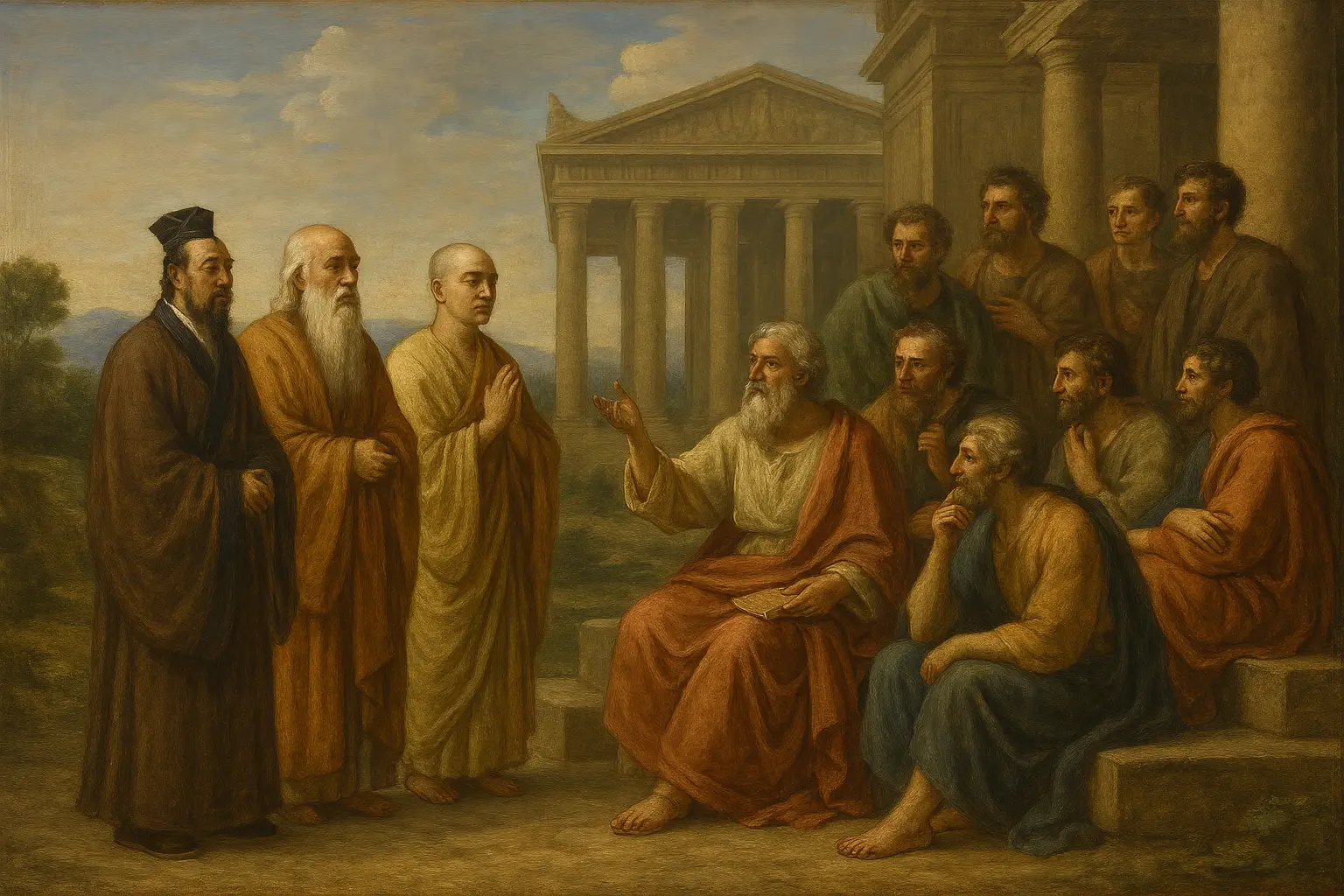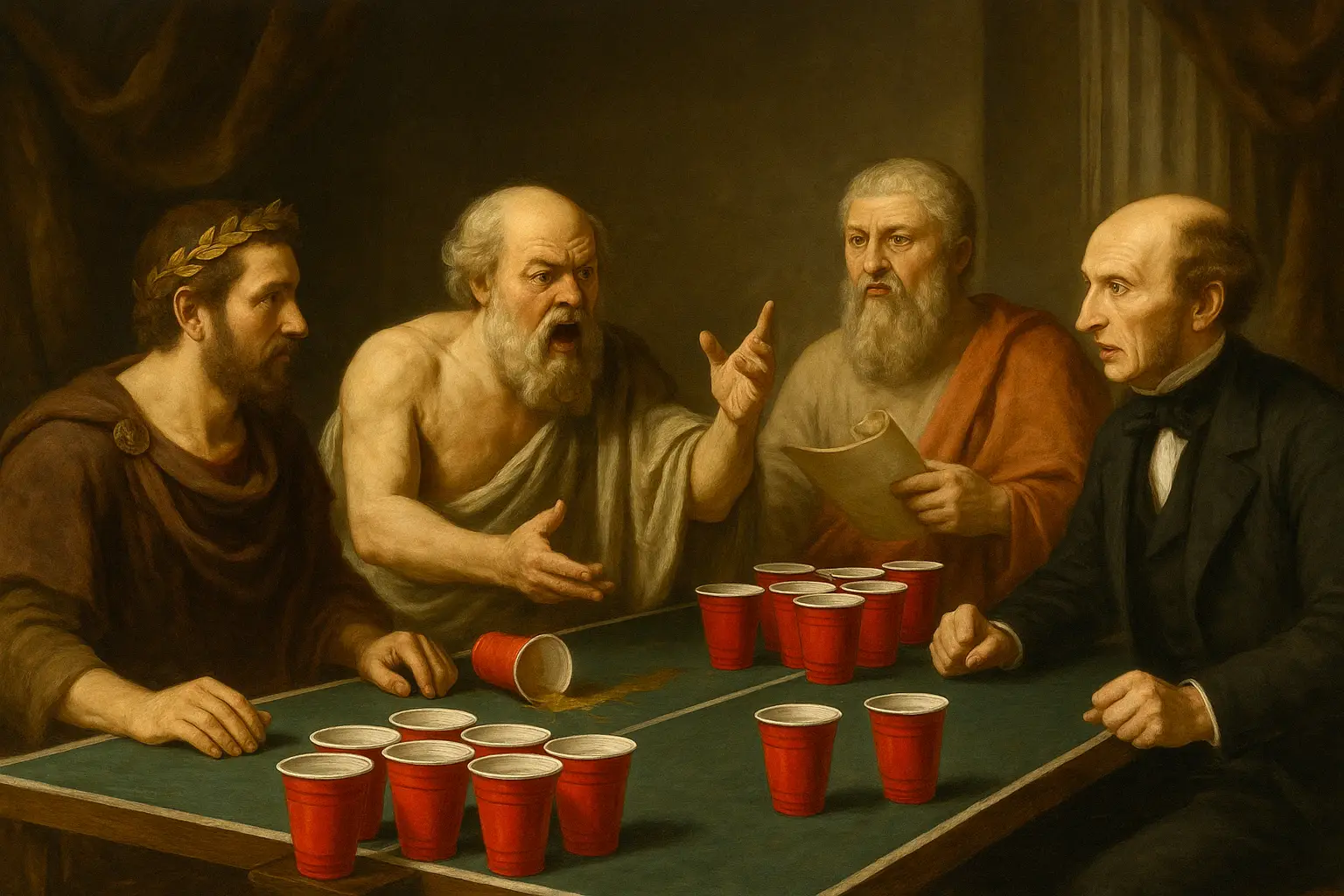Now Reading: Nihilism: How to Find Purpose in a Philosophy That Claims There Is None
1
-
01
Nihilism: How to Find Purpose in a Philosophy That Claims There Is None

Nihilism: How to Find Purpose in a Philosophy That Claims There Is None
Previous Post
Next Post
Loading Next Post...




